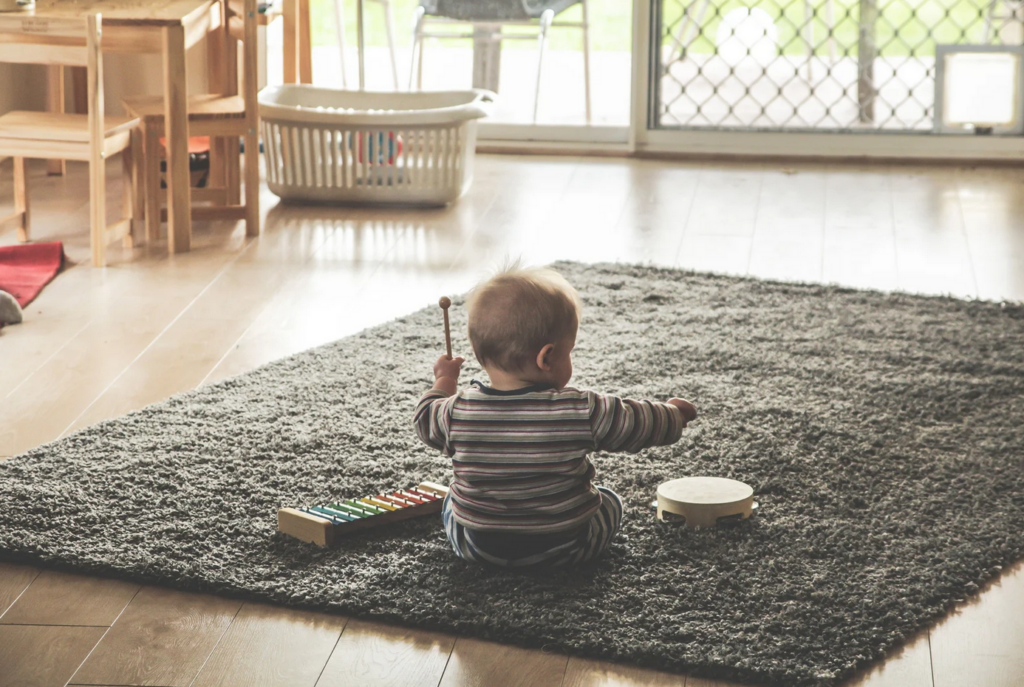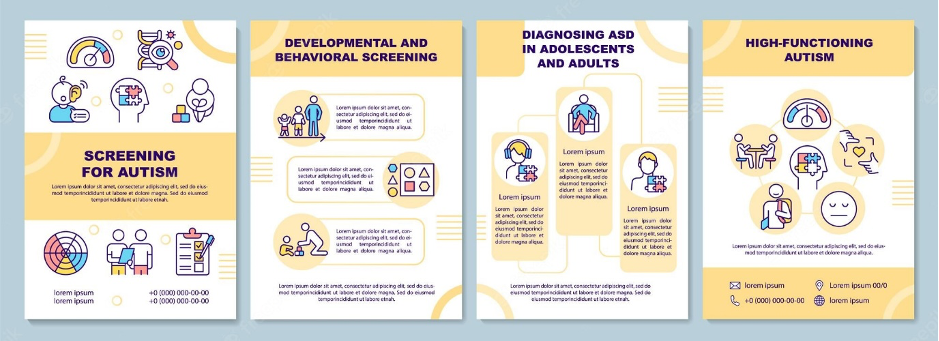The word “autism” can be scary for parents because it means their child is different from everyone else. There are a lot of questions about raising an autistic child, from “How should I react when my child acts differently?” to “How can I help my child develop social skills?”
One of the best ways to understand raising an autistic child is through reading others’ experiences. Parents of autistic children often share articles with other parents who are interested in learning more and getting advice. This article contains tips from parents of autistic children on raising a child with autism. You can use these ideas to guide your parenting decisions, support your child, and ease the challenges of raising an autistic child.
What is autism?
Autism is a complex developmental disorder that makes it difficult for children to communicate, relate to other people, and engage with the world around them. It’s not caused by bad parenting; rather, it occurs during pregnancy. Autism is a medical condition that stays with you throughout life. There’s no cure, but there are treatments that can help.
Autism affects 1 in 68 children in the United States. It doesn’t just affect boys and girls, either — autistic children can be of any ethnicity and any age.
Autism is a spectrum disorder. Some children are slightly affected; others are more severely affected, and some are in between. Some children might have a mild form of autism, while others might have very severe autism.
Autism is not a label; it’s an umbrella term that covers a wide spectrum of conditions that affect a child’s ability to communicate and interact with the world. Autism is often called “the autistic spectrum,” and there are many subtypes under the autism umbrella.

The Signs of Autism Before the Diagnosis
Autism is often diagnosed in infants and toddlers. But most parents will notice some signs before their child is even a toddler.
These signs might include:
Not attaching to caregivers: You might notice your child isn’t very attached to you or other caregivers. Your child might not want to hug or be held often.
Having a “spacing out” phase: Your child might go from being very close to you to “spacing out” for long periods. If a child is spacing out, he or she might appear to be daydreaming.
Becoming irritable and showing temper tantrums: Some children who have autism are very sensitive and might get very upset when touched or when things don’t go their way. They might also have temper tantrums — where they throw themselves on the floor, kick and scream, and refuse to listen.

The Dangers of Isolation for Autistic Children
Autistic children often struggle with social interactions and sensory processing. As a result, they find certain activities like reading, writing, or playing with other kids extremely uncomfortable. Your child might hate being talked to, touched, or watched by other people.
If your child feels physically uncomfortable when interacting with other people, he or she might become very anxious and upset. In order to avoid these feelings, your child might begin to withdraw from others.
This is dangerous for your child because he or she might become intensely focused on avoiding people and might begin to isolate himself or herself from friends and family.
Isolation for autistic children is a very serious issue because it can be very unhealthy for your child. Autistic children who don’t have proper social skills are at much higher risk of depression and suicide.
Help Your Child Develop Social Skills
Social skills are important for all children, but they’re especially important for autistic children.
Social skills are how a child processes his or her feelings and emotions — from understanding what other people want to how to appropriately interact with other people.
If your autistic child isn’t interacting with other children, he or she might not be developing these social skills.
Fortunately, social skills can be taught. Some families use structured programs to teach social skills to their children. However, there are also many tools that are available to parents, such as play therapy and sensory diets. BloomEQ is a unique and special learning platform for kids with autism spectrum disorder, which aims to help them have sustainable progress in life skills. Through simple challenges in gamified situations, their social and life skill deficiencies will be tracked and feedbacks will be provided to parents or caregivers of the child.

Help Your Child Find Meaning and Purpose
Autistic children are often affected by a feeling of isolation. As a result, they might find meaning and purpose in activities that have nothing to do with social approval.
For instance, your child might find meaning and purpose in activities like reading or drawing, which have nothing to do with fitting in with peers. These activities can help your child find meaning and purpose outside of social approval and make her or him feel happy.
You can also help your child find meaning and purpose by supporting him or her in finding community and support outside of your family.
BloomEQ offers a complementary educational module for parents, in which their child’s progress reports and feedback will be provided and they will be taught about relevant anecdotes from the game that they can bring up to try to make sense of difficult situations.
Together, You Can Raise a Happy, Healthy Autistic Child
Autistic children often feel different than other children. This can make them feel isolated, different, or worse — as if they themselves are autistic.
You can help your child feel less different by accepting him or her exactly as he or she is right now.
Don’t try to act like your child isn’t autistic. Don’t try to act like you are “normal.”
Don’t try to be friends with your child. It’s not healthy for your relationship and it’s not healthy for your child.
Don’t try to change your child. It’s not possible, and it will make him or her feel like he or she is “wrong.”
Don’t compare your child to other kids. It’s not helpful, and it will make your child feel as if he or she is “slightly” autistic.

Conclusion
Children with autism are unique, and raising a child with autism is different for every family. It can be scary for parents when their child acts differently or develops social skill deficits.
If you’re new to raising an autistic child, don’t stress out. The key is to relax, take things one day at a time, and follow your child’s lead. Your child is different, and that’s okay. You can help your child feel less different by accepting him or her exactly as he or she is right now.



